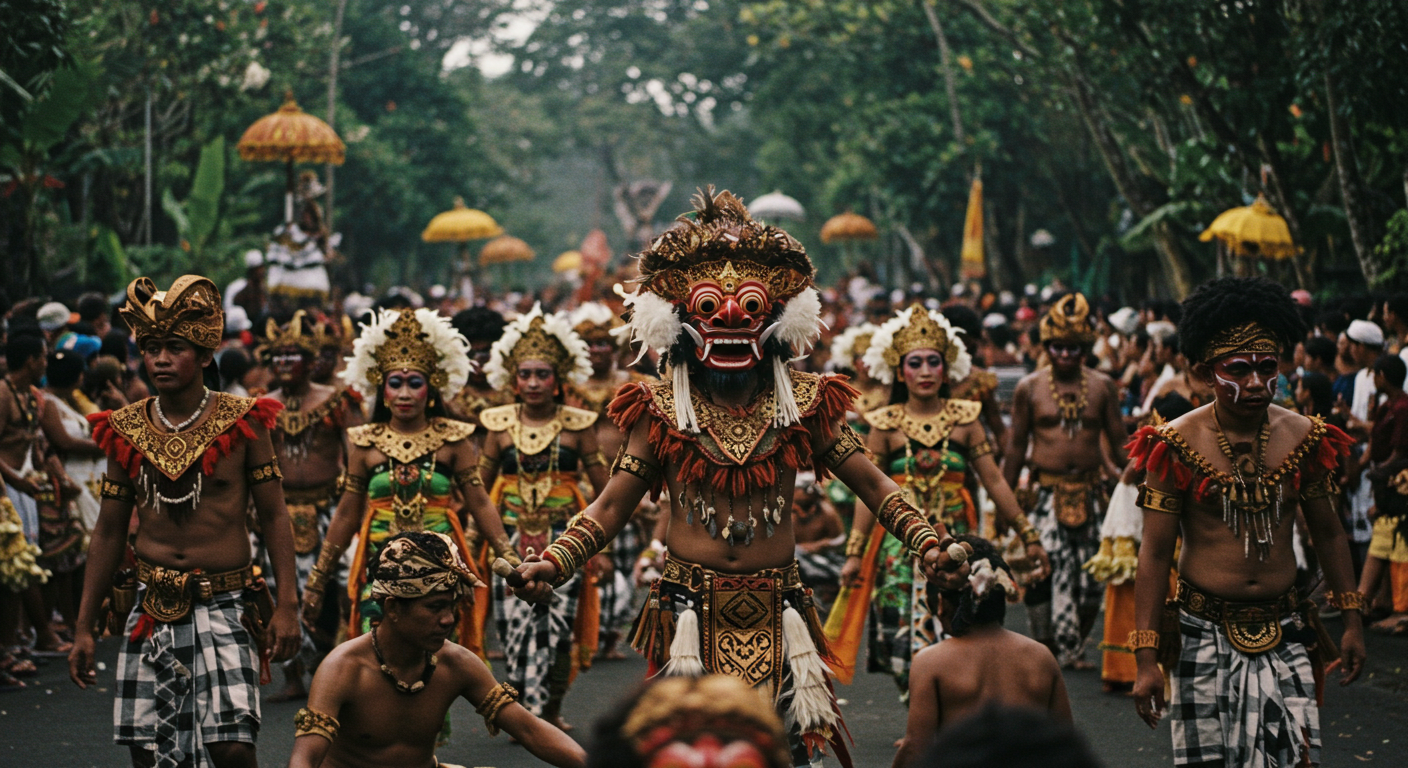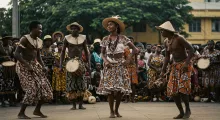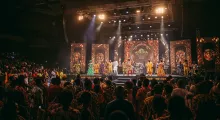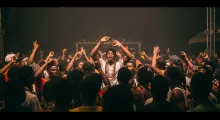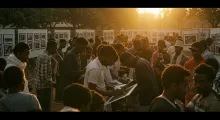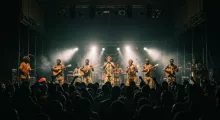The island of Bali is known for its serene temples, terraced rice paddies, and luxurious beaches. But once a year, it pulses with a new kind of rhythm—one born of African drums, tribal fashion, and diaspora pride. Enter the Bali Carnival, a groundbreaking cultural festival that channels the spirit of Africa into Southeast Asia’s most iconic travel destination.
This three-day celebration—scheduled next for October 17 to 19, 2025—offers a rare opportunity to experience African music, art, and community in a space known for global fusion and spiritual depth.
Origins of the Bali Carnival
Founded in 2019 by a collective of African expats, artists, and local Indonesian partners, the Bali Carnival was envisioned as a space for diasporic connection and cultural exchange. What began as a small gathering in Ubud quickly grew into an international festival attracting visitors from Nigeria, Ghana, South Africa, the UK, and across Asia.
The goal? To celebrate African identity on a global stage while fostering new relationships between African and Southeast Asian communities.
What the Carnival Offers
Over three immersive days, the Bali Carnival transforms venues like Ubud’s ARMA Museum gardens or Seminyak’s beachside lounges into colorful celebrations of:
Afrobeats, Highlife, and Soukous performances
African fashion showcases
Food tastings from multiple regions of Africa
Spiritual sessions combining traditional practices and Bali’s own mystical energy
Workshops, panels, and pop-ups happen across the island, from morning dance classes to evening fire rituals on the beach.
Music, Rhythm, and Dance
Live performances are the festival’s heartbeat. The 2025 lineup is expected to feature:
Yemi Alade
DJ Maphorisa
Burna Boy (special guest appearance)
Local fusion bands from Jakarta and Denpasar blending gamelan with Afrobeat
Dance circles erupt spontaneously, with guests learning Kuduro, Azonto, and Amapiano steps while Indonesian performers introduce their own traditional moves.
Fashion, Art & Afro-Bali Fusion
Expect a kaleidoscope of fabrics and styles. Designers from Nairobi to Lagos bring their collections, while local Balinese artisans incorporate batik and ikat into modern Afrocentric wear. Attendees often dress in modern takes on traditional wear, merging dashikis with linen kimonos or pairing gele headwraps with floral sarongs.
There are also body painting booths, tribal tattoo artists, and live mural sessions inspired by African mythology.
Spirituality and Healing Spaces
The Bali Carnival isn’t just about partying—it’s deeply rooted in African spiritual resilience and healing. Events include:
Ancestral water blessings
Sound healing using djembe and Tibetan bowls
Yoruba candle-lighting rituals
Balinese-African fusion temple offerings
The festival creates shared rituals that reflect both African and Indonesian traditions, emphasizing unity through spirituality.
Food & Marketplaces
Stalls line the festival grounds with aromas from:
Nigerian jollof and moi-moi
Senegalese yassa poulet
Ghanaian kelewele
Caribbean jerk chicken
Kenyan nyama choma
Indonesian sambals and fried tempeh
The “Afro-Bali Market” features jewelry, crafts, books, textiles, and Afro-vegan skincare.
Why It Matters
In an age of globalization and migration, the Bali Carnival reflects the reality of Black global presence. It creates a stage where African culture is not just preserved, but reinvented across new geographies. For Black expats in Asia, it offers representation and reconnection. For locals, it offers dialogue and cultural appreciation.
The Bali Carnival proves that Africa’s soul can dance across oceans—and thrive.
